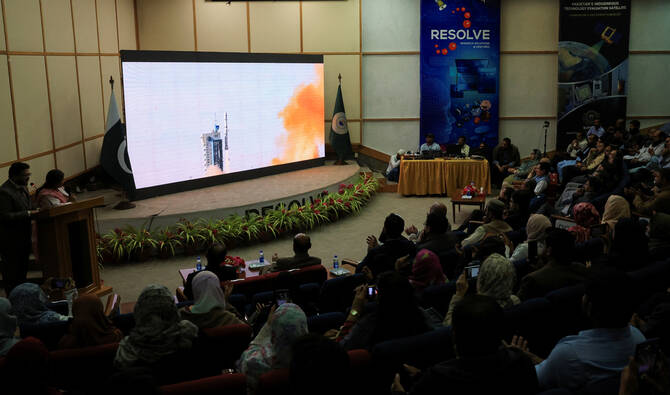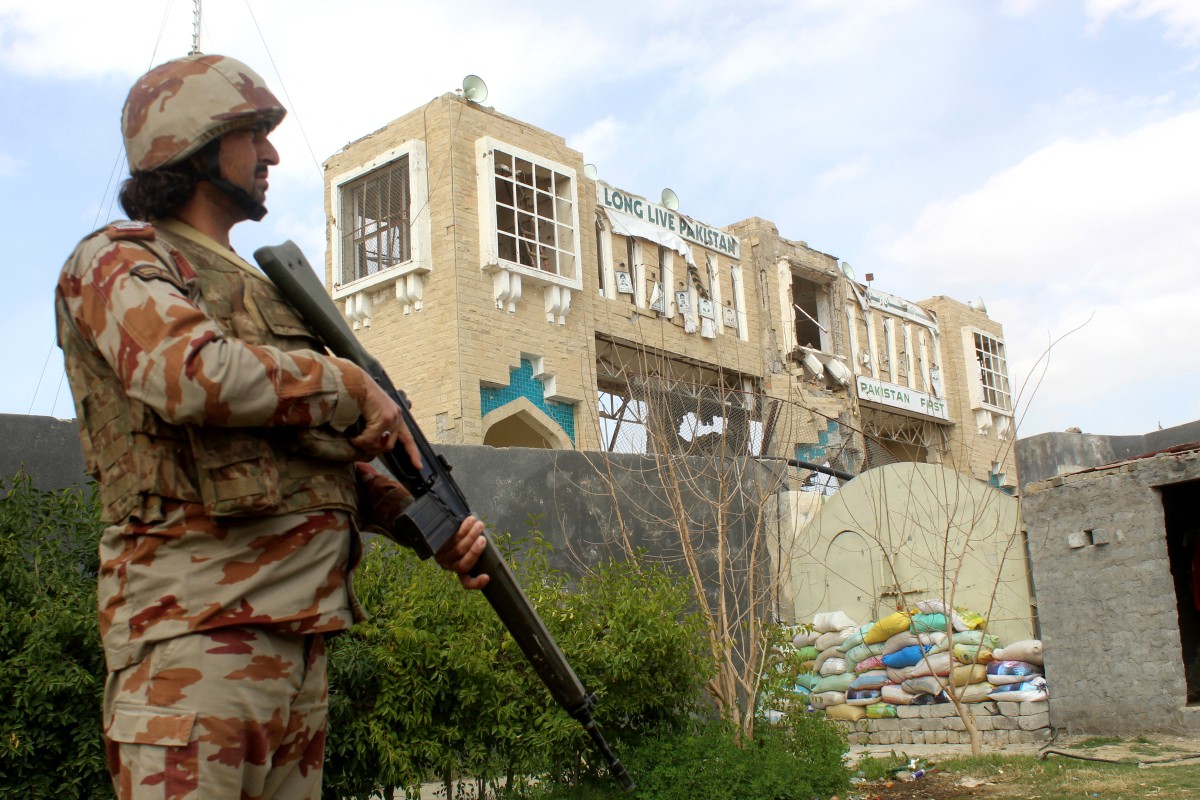ISLAMABAD: Pakistan is set to launch its first hyperspectral satellite, HS-1, into orbit tomorrow, marking a significant milestone in the country’s advancement toward high-resolution space-based monitoring and data applications.
In an official statement issued this week, the Space and Upper Atmosphere Research Commission (SUPARCO) announced that the HS-1 satellite will be launched from the Jiuquan Satellite Launch Centre (JSLC) in China.
“The launch of HS-1 marks a new era in the development of space-based applications in agriculture, disaster management, urban development, and environmental monitoring,” SUPARCO said in the statement.
Precision agriculture and food security
According to SUPARCO, the HS-1 satellite’s hyperspectral imaging capabilities will enable precision farming by capturing detailed spectral data to assess crop health, soil moisture, and irrigation efficiency.
“The satellite will provide detailed insights into crop health, soil moisture, and irrigation patterns,” the commission stated, adding that this technology is expected to improve crop yield estimation by 15–20 percent, contributing directly to national food security.
Urban development and environmental monitoring
The agency said that HS-1 will also play a key role in urban planning and environmental management. Equipped with high-resolution sensors, the satellite will help map infrastructure, monitor environmental changes, and analyze patterns of urban expansion.
“It will support sustainable city planning, land-use assessment, and efficient resource management,” SUPARCO noted.
Disaster management and early warning
SUPARCO emphasized that the satellite will be a critical tool for early warning systems and post-disaster response. Its advanced imaging technology will facilitate flood prediction, landslide tracking, and geo-hazard assessment, particularly in Pakistan’s mountainous and seismically active regions such as the Karakoram Highway and northern areas.
“HS-1 will enhance disaster preparedness by providing timely data on floods, earthquakes, deforestation, and land degradation,” the statement added.
Space self-reliance
The launch of HS-1 is part of Pakistan’s efforts to strengthen its remote sensing capabilities and expand its space-based infrastructure. SUPARCO said the mission aligns with the National Space Policy and SUPARCO Vision 2047, which aim to position Pakistan as a regional leader in space technology and innovation.
“This mission reflects Pakistan’s commitment to leveraging space technology for sustainable national development,” SUPARCO concluded.






